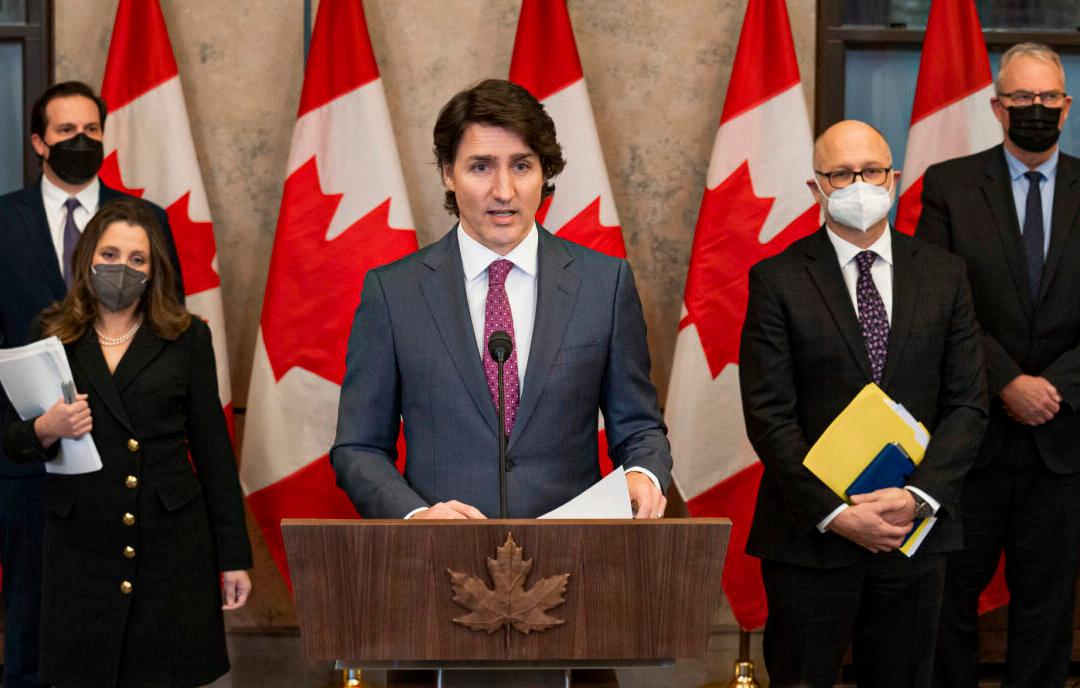Despite critics lambasting Ottawa’s plan to spread out Canada’s peacekeeping military and police resources over the next five years, retired lieutenant-general and former senator Romeo Dallaire says the plan will make Canada a world leader in ending the use of child soldiers in war.
Prime Minister Justin Trudeau announced at a peacekeeping summit in Vancouver last week that Canada would not be committing the 600 military troops and 150 police officers it pledged last year for U.N. peacekeeping missions.





